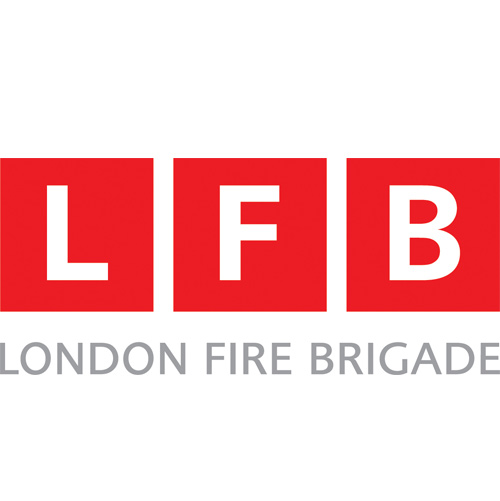
No working smoke alarm in vast majority of 2017 fatal fires
Five of the seven fatal fires since the turn of the year had no working smoke alarms fitted in their homes, the London Fire Brigade announced today.
The information is being released in an unprecedented move ahead of the inquests in a bid to avoid further lives being lost. The Brigade says it is deeply concerned that lack of smoke detection in homes is putting Londoners at risk.
Since the beginning of 2017 sadly ten people have died in fires across the capital. In all but one of these cases, the Brigade was only called when a neighbour noticed the fire. In the other instance, the smoke alarm operated and was linked to a personal alarm provider who called the Brigade.
Over half of all dwelling fires that the London Fire Brigade attended last year did not have a smoke alarm that worked or sounded which often means the fire remains undiscovered for some time.
In fatal fires, the trend is even more worrying. Two years ago a smoke alarm sounded at 74 percent of fatal fires. Last year the figure was 41 percent and so far this year only 29 per cent.
London Fire Commissioner Dany Cotton said;
“While the coroner has yet to determine the cause of death we believe that many of these deaths could have been avoided if the victims had working smoke alarms.
“Often the most deadly fires are small fires that quietly smoulder and smoke while people are asleep or in a different room. Without the early warning of a smoke alarm, people can be overcome with smoke before the fire is discovered. Please fit at least one smoke alarm on every floor of your property and regularly check them. The quicker firefighters are alerted, the quicker we can help save lives and prevent fires from spreading. Get out, stay out and dial 999.
“It is devastating that in 2017 people are dying from a fire in homes without life-saving smoke alarms on every level of their property. Last year we visited over 70,000 homes of London’s most vulnerable carrying out home fire safety visits but there is a lot more we all must do to educate people about the benefits of smoke alarms for everyone and sprinklers for the most vulnerable.”
Sadiq Khan, Mayor of London, said:
“It is deeply concerning that Londoners are risking their lives by not having working smoke alarms in their homes. Smoke alarms provide a vital warning in case of fire and can mean the difference between life and death. I urge Londoners to take the Fire Brigade’s advice and fit alarms in your home, helping them in the fantastic work they do every day to keep us safe.”
Londoners should always ensure you have at least one smoke alarm fitted on the ceiling of every floor in your home – ideally placing smoke alarms in every room of your home where there is a fire risk, and linking all the alarms together.
If a smoke alarm is only fitted in the hallway, should a fire start in the bedroom, the occupant’s life may already be at risk before the alarm would activate.
Eight of the ten people who died were over 65 years of age with a number of those in receipt of some form of care. The Brigade are asking care staff, neighbours and family members who look after or visit some of our most vulnerable residents to get in touch with their local fire and rescue service if they notice any of the critical early warning signs that a person is at risk of a fire, to get advice on preventing a blaze. Classic telltale signs include burn marks on carpets from cigarettes, smoking in bed or a smoke alarm that has run out of battery power.
Home fire safety visits are a free service, where firefighters give potential life-saving information on how to prevent fires and fit free smoke alarms where needed. These are particularly targeted at the capital’s most vulnerable people as a previous report showed they were 18 times less likely to have a fire if they receive a home fire safety visit.
The top four causes of fire in London
Cooking
Electrical supply, appliances and devices
Smoking and smoking materials
Matches and candle (including incense sticks.)
People most at risk from fire
Older
Mobility
Live alone
Illness or recovery from illness
Alcohol and drugs (including prescription)
